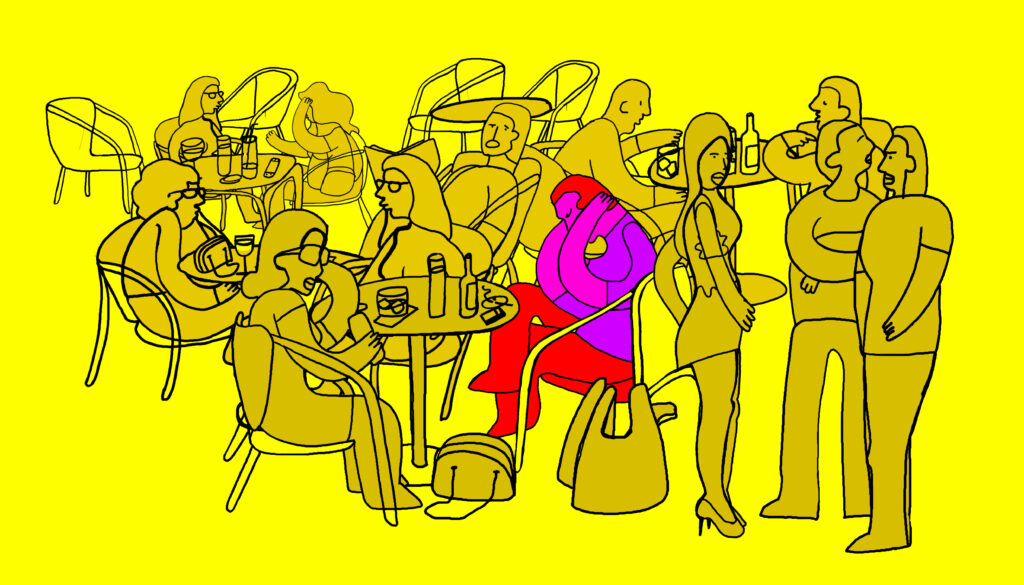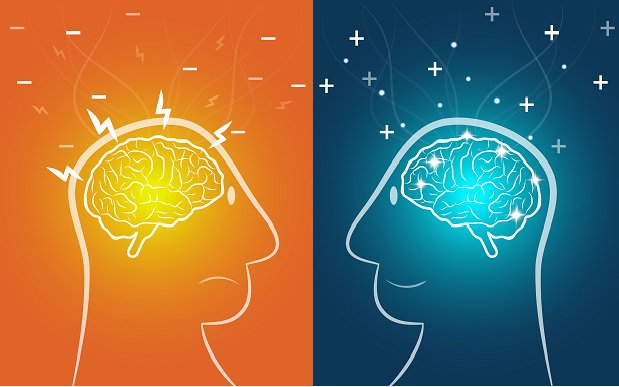WHAT YOU’RE SEARCHING FOR IT’S ALREADY INSIDE
Many people reach a point where no matter what they do—changing habits, chasing goals, or seeking distractions—something still feels missing inside. That emptiness is not a failure, but a gentle call to look deeper, to reconnect with yourself, and to find a more lasting sense of peace and fulfillment.
WHY HAVE YOU TRIED EVERYTHING AND STILL FEEL EMPTY?
People often describe feeling empty as if there is a hollow space inside them that nothing seems to fill, and this experience can be deeply unsettling because it touches the very core of our sense of meaning and belonging. Emptiness does not usually come from a single cause, but rather from a mix of emotional, psychological, and even spiritual factors that weave together over time. Many people feel empty because they have been living on autopilot, doing what is expected of them—working, taking care of responsibilities, following routines—without truly connecting to what makes them feel alive. When life becomes about obligations instead of passion, the inner flame slowly dims. Others carry unresolved pain from past experiences, losses, or trauma. These unhealed wounds create gaps in the heart and mind, and no matter how much one tries to ignore them, the emptiness lingers until they are faced with compassion and care.
There is also a modern layer to this sense of emptiness. We live in a world that constantly pushes productivity, achievement, and comparison. People are told to measure their worth by how much they own, how successful they look, or how many people approve of them. Yet once these goals are reached, many discover that external success does not translate into inner peace. The pursuit of validation can silence the voice of intuition, and when someone is cut off from their authentic self, the result is often a deep sense of disconnection. Emptiness can also emerge from a lack of genuine relationships. Humans are wired for connection, and when bonds are shallow, transactional, or absent, the heart feels a void no material thing can fill. Even when surrounded by people, one can feel profoundly lonely if those relationships lack depth and authenticity.
On a spiritual level, emptiness may appear when a person loses touch with their sense of purpose, their soul, or their connection to something greater than themselves. This does not always mean religion, but rather a feeling of alignment with life, a sense that one’s existence has meaning beyond the day-to-day tasks. Without that, life can seem flat, and the spark of inspiration fades. The body also plays a role, since chronic stress, exhaustion, and lack of self-care can dull emotions and leave a person numb. In this way, emptiness becomes not only emotional but also physical, a state where the body and mind both feel drained.
Ultimately, feeling empty is a signal rather than a permanent condition. It is the psyche’s way of calling attention to the fact that something essential is missing, whether that is healing, love, creativity, rest, connection, or self-discovery. Although the sensation of emptiness can be frightening, it often marks the threshold of transformation, the moment when a person becomes ready to look deeper and begin filling the void not with distractions, but with meaning, authenticity, and care for themselves.




